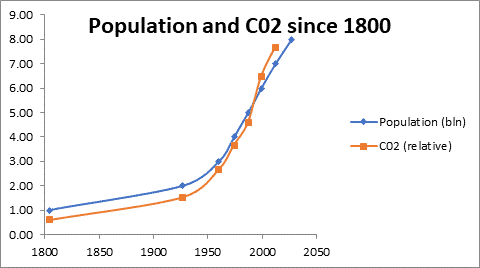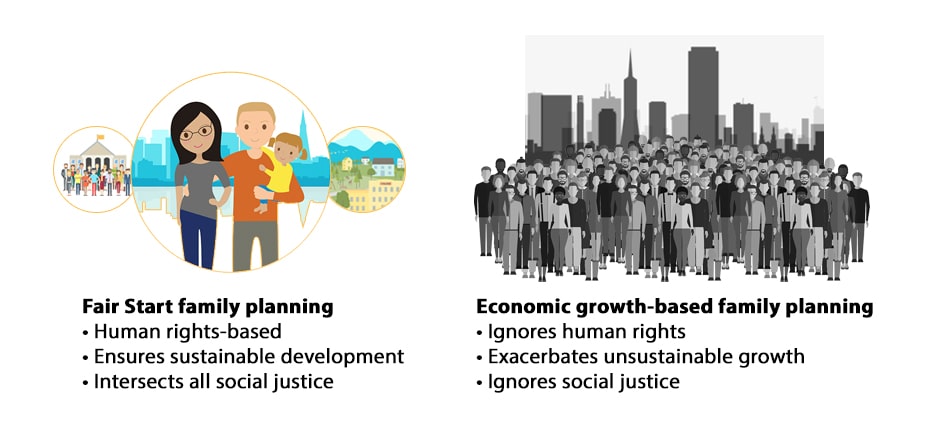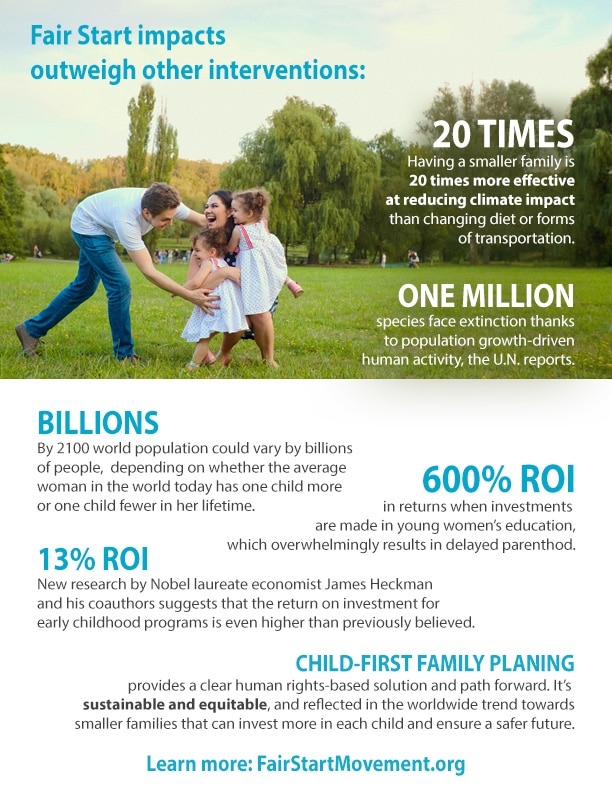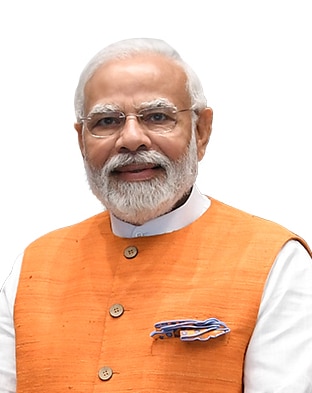March 19, 2023
- On India’s Independence Day on August 15, 2019 India’s Prime Minister Narendra Modi called on the central and state governments to implement policies to control the country’s population growth rate: “Population explosion will cause many problems for our future generations. We have to be concerned about population explosion. The central as well as state governments should launch schemes to tackle it,” Modi said in his Independence Day address before the nation’s iconic Red Fort in Delhi according to NDTV. The prime minister also called on Indian couples to have smaller families and praised Indian citizens who have already embraced smaller family norms, saying that having fewer children is “an act of patriotism.”
- This tracks recent activity in India’s Supreme Court dealing with the central government’s obligation to develop family reforms. See https://timesofindia.indiatimes.com/india/supreme-court-notice-to-centre-on-population-control-plea/articleshow/93945701.cms
- In November, 2022, the Supreme Court refused to entertain the petitions seeking directions to control the population, saying it is for the Central government to look at the issue of population control. The Supreme Court also said that it was not an issue where the court should interfere.

However, in November the Court also ruled that under India’s Medical Termination of Pregnancies Act, 1971 (MTP Act), and its related rules, all women are entitled to safe and legal abortion, regardless of their marital status. This enables legislation that would seek to reduce family size.
At the same time, India shows great disparity in equality of opportunity among children. A recent study used two rounds of Indian National Family Health Surveys and concepts of Inequality of Opportunity and Human Opportunity Indices to measure inequality arising out of unequal coverage of full immunization and minimum nutrition for Indian children. The results suggest overall high level of inequality of opportunity with substantial geographical variations. Changes in inequality of opportunity in the two services during 1992-1993 to 2005-2006 were mixed with some geographical regions outperforming others. The findings also call for substantial policy revisions if the goal of universal full immunization and minimum nutrition has to be achieved. See https://www.jstor.org/stable/41487420
Modi’s call for a smaller family policy can thus be recast as a promoting equity, through measures which mimic calls for reforms to U.S. tax policy using devices such as “baby bonds” which create savings accounts for children, and could be used to incentivize delayed fertility.

More specifically:
1) Cut all benefits to wealthy families who don’t need the funding.
2) Use those savings as cash incentives to power up family planning and early childhood investment systems to a) target child abuse by amending the child abuse law, b) incentivize delaying having kids until parents are really ready, and c) promote more sustainable and equitable families for all regardless of income, as well as fostering and adoption – changes that have twenty times the impact on climate emissions, relative to short term fixes. Those changes – made as part of recognizing our sacred constitutional right to nature – would create massive long-run savings and catalyze sustainable development. We could start to give all kids a Fair Start in life. d) Back comparable Indian programs to Smart Beginnings (in the U.S.) up in time to focus on family planning, and based upon redistribution of wealth in ways that give all kids a Fair Start in life.

UN data shows the family planning incentives are effective: See https://www.ncbi.nlm.nih.gov/pmc/articles/PMC3578697/, and can be scaled and inserted into existing policy regimes, including in India: See https://www.un.org/development/desa/pd/sites/www.un.org.development.desa.pd/files/undesa_pd_2021_wpp-fertility_policies.pdf
These policies better conform to international law. While the Cairo Consensus endorsed a limitless right to have children, see https://www.whp-journals.co.uk/JPS/article/view/678, the actual binding sources do not: See https://openyls.law.yale.edu/handle/20.500.13051/5715?show=full. And as such they evade the problem of a limitless right to have children treating future children as property: See https://scholarship.law.duke.edu/djglp/vol17/iss1/2/
Moreover, these policies can override conflicting rights and policies because family planning is the first norm from which others derive, accounting for the creation and existence of persons, from whom governance and all of its practical norms derive: See https://bolognalawreview.unibo.it/article/download/13299/12829

These policies reverse established externalities in Cairo and other measures which create costs for some while benefiting others: See https://www.csmonitor.com/Business/2009/0817/economic-scene-is-population-growth-a-ponzi-scheme
The actual policy changes would flow from 1) the UDHR and International Bill of Rights, and a correct interpretation of Article 16, see https://fairstartmovement.org/fair-start-file-update-to-un-human-rights-council-petition-our-overriding-right-to-nature-and-equity/, to 2) mandate scaled family planning entitlements, like baby bonds, through India’s current family incentives progam. In an effort to encourage Family Planning (FP) adoption, since 1952, the Government of India has been implementing various centrally sponsored schemes that offer financial incentives (FIs) to acceptors as well as service providers, for services related to certain FP methods.
The target for such FI’s would be birth into conditions compliant with the Children’s Rights Convention: See https://digitalcommons.wcl.american.edu/auilr/vol25/iss3/3
One way to fund these programs involve climate “loss and damage” reparations, see https://news.climate.columbia.edu/2022/11/01/loss-and-damage-what-is-it-and-will-there-be-progress-at-cop27/, which ideally will go to benefit the future generations – through measures that improve birth conditions – most harmed by the crisis.

